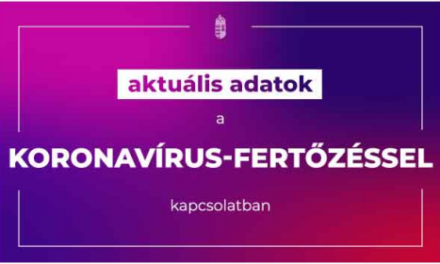In the absence of a crime, the investigation ordered in the Pegasus case due to the unauthorized collection of secret information or the unauthorized use of a hidden device was terminated by the Budapest Regional Investigative Prosecutor's Office, the Central Investigative Prosecutor General's Office (KNYF) announced in a press release on Wednesday.
According to the essence of the report, a number of Hungarian journalists and public figures in the opposition were illegally monitored by using a spy program capable of hacking and eavesdropping on mobile phones.
The use of covert devices, such as the secret monitoring of information systems and eavesdropping, is subject to strict conditions, judicial or other external authorization by Hungarian law.
However, if the conditions are met, the use of these devices can be authorized not only for law enforcement purposes, but also for policing purposes defined in the Law on the Police or national security purposes written in the Law on National Security Services.
These goals can be determined by the bodies authorized to do so. The 1995 Act on National Security Services authorizes the collection of secret information for national security purposes, but the tools used in this process have changed in accordance with the technical requirements of the time. With this in mind, the regional investigative prosecutor's office did not investigate what software the authorities used, but whether the legal requirements for the use of the tools used during covert or secret information collection existed.
"The extensive investigation, including classified documents, established that there was no unauthorized collection of secret information or unauthorized use of a hidden device"
says the prosecutor's statement.
In order to protect the personal rights of the persons named in the press, it is necessary to note that the person against whom the authorities used secret information collection for law enforcement or national security purposes cannot necessarily be suspected of a crime.
In the cases indicated in the report, the Prosecutor General's Office investigated whether the procedure caused a disadvantage to the monitored persons. According to the data of the investigation, no such harm was caused
they announced.
In January, Attila Péterfalvi, the president of the National Data Protection and Freedom of Information Authority, announced at a press conference For about half a year, the agency investigated ex officio the use of Israeli spy software by Hungarian national security agencies and the Ministry of Justice's authorization of it, following the Direkt 36 portal's articles last summer.
Last year, the portal wrote, among other things, that there are about 50,000 phone numbers that, according to a fact-finding project carried out by an international team of journalists, were selected as surveillance targets by the clients of the Israeli company NSO in more than fifty countries, including Hungary, starting in 2016. NSO clients use the program in at least ten countries against journalists, human rights defenders, opposition politicians, lawyers and businessmen.
MTI
Photo: MTI EPA JOHN G MABANGLO












